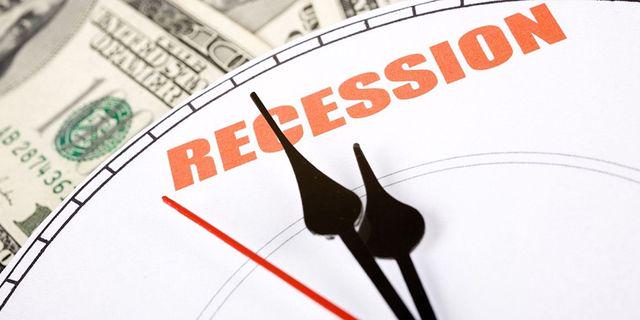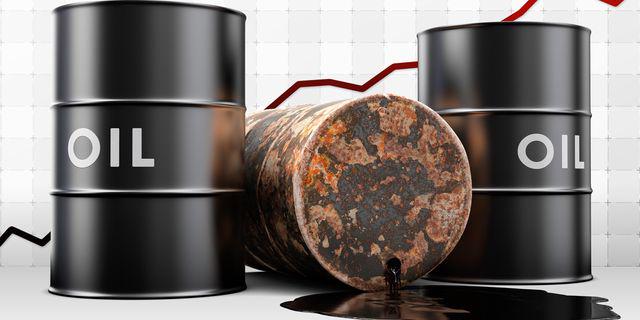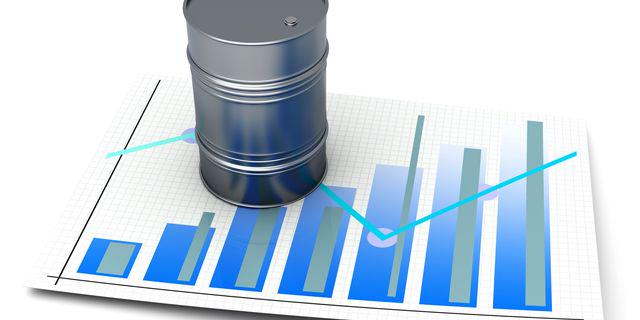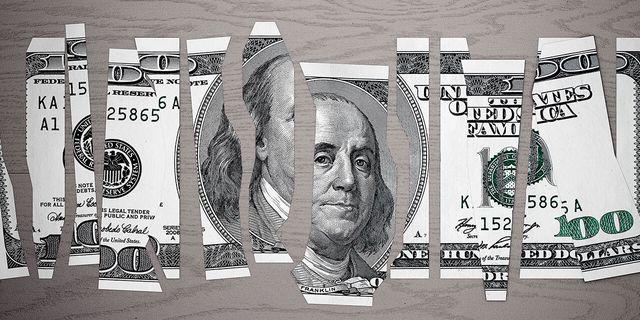
Lorsque l'inflation dépasse 4 % et que le taux de chômage est inférieur à 5 %, l'économie américaine entre en récession au bout de deux ans.

Ne perdez pas votre temps - analysez l'influence du NFP sur le dollar américain!
Avis de collecte de données
Nous conservons un enregistrement de vos données pour gérer ce site web. En cliquant sur le bouton, vous acceptez notre politique de confidentialité.

Guide pour débutant Forex
Votre guide ultime dans le monde du trading.
Consultez votre boîte de réception !
Dans notre e-mail, vous trouverez notre guide Forex. Appuyez simplement sur le bouton pour l'obtenir !
Avertissement sur les risques : Les ᏟᖴᎠ sont des instruments complexes et ils présentent un risque élevé qui peut vous faire perdre de l'argent rapidement en raison de l'effet de levier.
68,53 % des investisseurs particuliers perdent de l'argent lorsqu'ils tradent des ᏟᖴᎠ avec ce fournisseur.
Vous devez vous demander si vous comprenez le fonctionnement des ᏟᖴᎠ et si vous pouvez vous permettre de prendre des risques élevés qui peuvent mener à d'importantes pertes d'argent.
Les informations données ne sont pas des conseils en investissement
Dernière nouvelle : le coronavirus ne sera pas l'ennemi numéro un de l'économie mondiale en 2022. Au contraire, les risques les plus importants de cette année viendront de l'inflation et des décisions des décideurs politiques dans la période de reprise après les conséquences de la pandémie. Malheureusement, les choses sont sur le point d'empirer avant de s'améliorer de façon constante. C'est à peu près l'idée que se font les économistes de la trajectoire de l'inflation américaine en 2022.
En 2021, les responsables politiques de la Réserve fédérale et d'autres banques centrales ont ignoré avec confiance les inquiétudes concernant l'inflation, les pénuries de main-d'œuvre et les goulets d'étranglement dans la chaîne d'approvisionnement, qu'ils considéraient comme des conséquences à court terme de la pandémie. Il suffit d'attendre un peu et ces problèmes seront résolus. C'était le raisonnement des banques centrales.
S'il s'avère que ce n'est pas le cas pour les 12 prochains mois, les décideurs politiques se sont trompés, et les conséquences seront pires que la récession du COVID-19.
La Fed s'en est tenue au récit selon lequel une grande partie de la "surprise" de l'inflation au cours de l'année 2021 était due à la hausse temporaire des prix de l'énergie qui a affecté le reste des secteurs, les coûts de transport et d'expédition ayant fortement augmenté, les problèmes d'approvisionnement s'étant accrus, ce qui a conduit à renforcer l'inaction des banques centrales.
Toutefois, en septembre, l'inflation américaine a atteint 6,8 % par an, soit le niveau le plus élevé depuis 30 ans et près de trois fois les prévisions de la Fed au début de 2021. En conséquence, en décembre, le discours sur l'inflation est finalement passé de "c'est temporaire" à "il faut beaucoup de temps pour que les choses se calment, et il faudra peut-être donner un coup de pouce pour que les choses évoluent"
Les marchés semblent désormais miser sur le fait que la Réserve fédérale relèvera les taux d'intérêt au moins trois fois en 2022 pour retirer les mesures de relance et l'argent bon marché des marchés afin de tenter de maîtriser l'inflation le plus rapidement possible après qu'elle ait atteint son plus haut niveau en 40 ans en décembre (7,1 %).
Bloomberg prévoit que l'économie américaine connaîtra une croissance de 4,4 % au cours du premier semestre de 2022, puis un ralentissement à 2,7 % au cours du second semestre.
L'une des principales raisons pour lesquelles l'économie américaine va croître est que la plupart des consommateurs américains ont encore de l'argent à dépenser, ces 2 600 milliards de dollars de relance sur les comptes bancaires des ménages que le gouvernement américain leur a donnés. Ces fonds permettront de soutenir la demande et de relancer l'économie.
(1) /0>Les chaînes d'approvisionnement devraient s'organiser un peu mieux dans le courant de l'année. (2) Il est peu probable que se reproduise la période de confinement exceptionnel que nous avons connue au début du coronavirus. Certaines matières premières, dont le pétrole, ont déjà dépassé leur niveau record de pandémie.
(3) La Fed a commencé à resserrer sa politique monétaire, et ces facteurs sont censés faire pencher la balance vers une baisse des taux d'inflation. Si vous combinez tout cela, vous comprendrez pourquoi la plupart des économistes s'attendent à un ralentissement de l'inflation à moins de 3 % d'ici la fin de 2022.

Lorsque l'inflation dépasse 4 % et que le taux de chômage est inférieur à 5 %, l'économie américaine entre en récession au bout de deux ans.

Les marchés pétroliers ont subi une forte pression en raison de l'augmentation de la demande et de la baisse de l'offre. L'OPEP+ ne peut ou ne veut pas atteindre les objectifs de production qu'elle s'est fixés et insiste pour limiter l'augmentation de sa production de 400 000 barils par jour malgré la hausse des prix.

De plus en plus d'analystes sont persuadés que le pétrole Brent dépassera les 100 $ le baril. Alors, dans quelle mesure le pétrole va-t-il faire bouger les marchés, et dans quelle direction ? Découvrons-le !

La pandémie continue de nuire à l'activité économique en Chine, la guerre en Ukraine frappe l'ensemble de l'économie européenne et les efforts de la Réserve fédérale pour maîtriser l'inflation menacent de déclencher une récession.

Xauusd En dépit de la petite correction que nous observons présentement, il convient de retenir que l’or est totalement dans une logique haussière…

Xagusd Apres avoir essayé de renouer avec la hausse en titillant les 21…
Votre demande a été acceptée.
Nous vous appellerons lors de l'intervalle de temps que vous aurez choisi
La prochaine demande de rappel pour ce numéro de téléphone sera disponible dans 00:30:00
Si vous avez un problème urgent, veuillez nous contacter via le
Chat en direct
Erreur interne. Veuillez réessayer ultérieurement